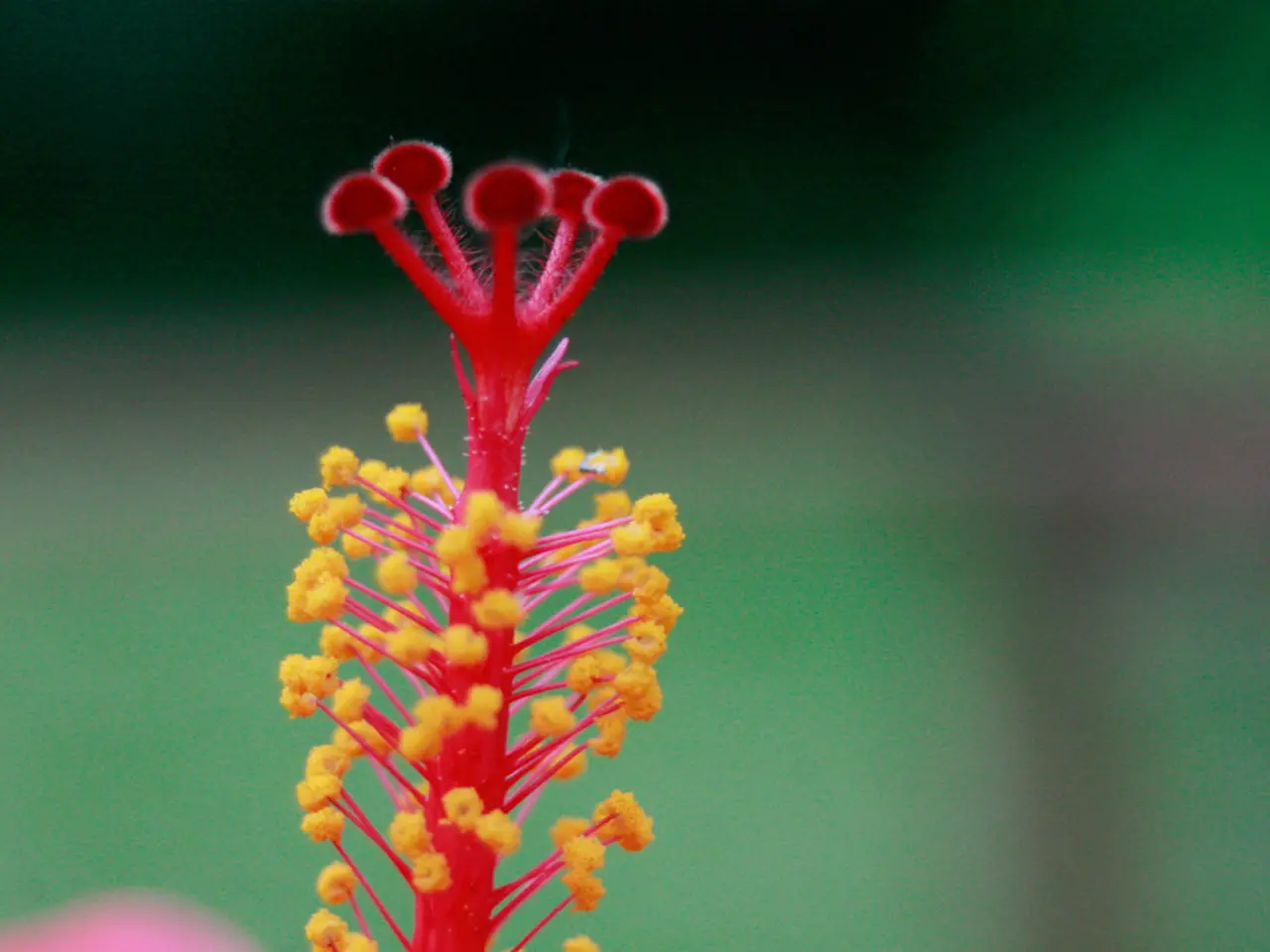Distinguishing Allergies and Sinus Infections: Recognizing, Diagnosing, and Treating Differences
Allergies and sinus infections, while sharing some overlapping symptoms, are distinct conditions that require different approaches for diagnosis and treatment.
**Symptoms**
Allergies, or allergic rhinitis, typically present with sneezing, itchy eyes, nose, and throat, clear nasal discharge, nasal congestion, and sometimes coughing. Allergies do not usually cause fever and are often triggered by allergens like pollen or dust, with seasonal or environmental patterns.
On the other hand, sinus infections, or sinusitis, cause nasal congestion with thick yellow or green nasal discharge, facial pain or pressure (especially around the forehead, nose, and eyes), headache, sometimes fever, and tooth pain. Sinus infections often develop after allergies or colds lead to sinus inflammation.
**Diagnosis**
Allergies are diagnosed primarily through allergy testing such as skin prick tests or blood tests performed by allergists or ENT specialists. Sinus infections, however, are diagnosed by physical examination of the nasal passages, potentially using a nasal speculum, endoscopy, or imaging like X-rays or CT scans. Endoscopy is often preferred for direct visualization.
**Treatment**
Allergies are treated mainly by controlling allergic responses using antihistamines, corticosteroids, decongestants, and nasal steroid sprays. In some cases, immunotherapy (allergy shots) can provide long-term relief by retraining the immune system.
Sinus infections involve infection and inflammation of sinus passages and are treated with anti-inflammatories, such as nasal steroid sprays and saline rinses, to reduce inflammation and clear mucus. Antibiotics are used if bacterial infection is confirmed, especially in acute cases. Chronic sinusitis may require prolonged anti-inflammatory treatments.
**Summary**
Allergies cause inflammation without infection, presenting with clear mucus and itching, diagnosed with allergy tests, and treated mainly by controlling allergic responses. Sinus infections, on the other hand, involve infection and inflammation of sinus passages, causing thick nasal discharge and facial pain, diagnosed by physical and endoscopic examination plus imaging, and treated with anti-inflammatories, saline rinses, and antibiotics when bacterial infection is present.
Proper diagnosis by a healthcare professional is crucial to avoid misdiagnosis and inappropriate treatment, as allergy medications do not treat infections, and antibiotics do not help allergies. It's also important to note that sinus infections do not cause allergies, but they can make allergy symptoms worse.
In many cases, a person with sinusitis recovers without prescription medication. However, if sinusitis results from a bacterial infection and the person does not receive treatment, the infection can spread to other areas of the body.
Lifestyle strategies and home treatments may help prevent sinusitis, especially when the issue is chronic, including washing the hands regularly, keeping the nose clean, using nasal rinses, treating any allergies, and avoiding allergens. Treatment for sinusitis can include unblocking the sinuses and nasal passages through sinus flushes, steam inhalations, saline sprays, over-the-counter steroid sprays, prescription steroid sprays, nasal strips, or antibiotics if there is a bacterial infection.
Anyone who has allergies or sinusitis should see a doctor if symptoms do not go away within a week, symptoms get worse, symptoms do not improve or worsen with prescription medication, or allergy treatments stop working. Allergies to inhaled substances such as dust and dander can cause symptoms similar to sinusitis. The doctor may examine the nose, press on the sinuses, or take a sample of nasal discharge to test for bacteria.
- An individual's eye health might suffer if they have persistent allergies, causing symptoms like itchy and watery eyes.
- During a visit to the doctor for sinusitis, hearing issues could be discussed, as sinus infections can sometimes lead to temporary hearing loss.
- Fitness and exercise, along with nutrition, play crucial roles in maintaining overall health-and-wellness and boosting the immune system, helping the body fight off chronic diseases like allergies and sinus infections.
- In the realm of health-and-wellness, understanding the differences between allergies and sinus infections is essential for proper therapies-and-treatments.
- Skin-care products can provide relief for certain skin-conditions exacerbated by allergies, while CBD-infused balms and creams might help alleviate discomfort from sinus inflammation.
- Incorporating mental-health practices, such as meditation and stress-reduction techniques, can aid in managing the symptoms and discomfort associated with chronic-diseases like allergies and sinus infections.
- Proper hygiene, including regular hand-washing, is crucial for preventing the spread of respiratory-conditions like sinusitis.
- A person with sinusitis' sleep patterns might be affected, as symptoms like facial pain can make it difficult to rest easiy.
- If sports-betting participants have allergies or respiratory-conditions, they should be mindful of such conditions' impact on their ability to participate in sports, to avoid potential complications.
- Connecting with a medical professional, either an allergy specialist or an ENT, is essential for accurate diagnosis and treatment of both allergies and sinus infections, ensuring that fitness-and-exercise routines are not negatively impacted by misdiagnosis or inappropriate treatment.




